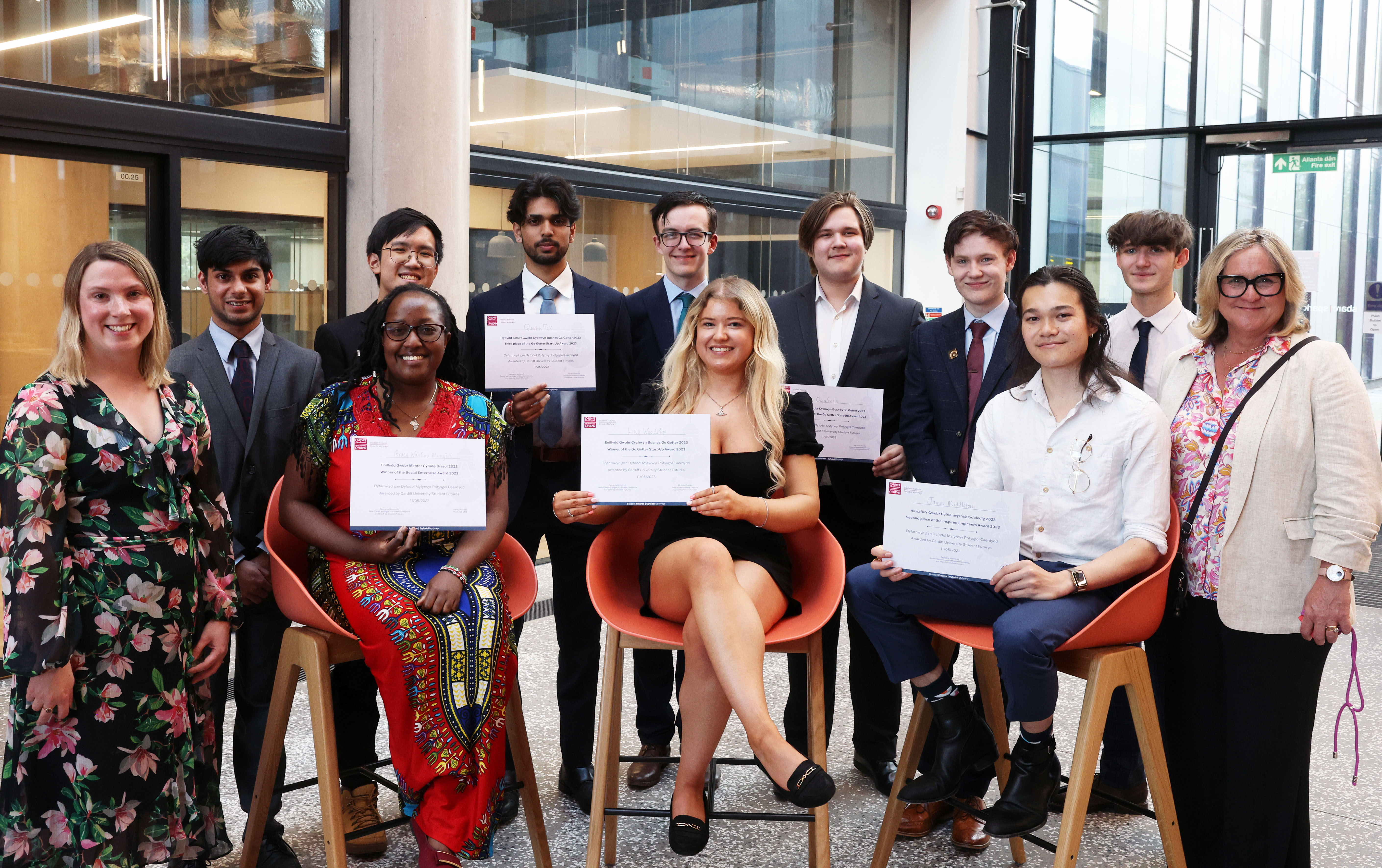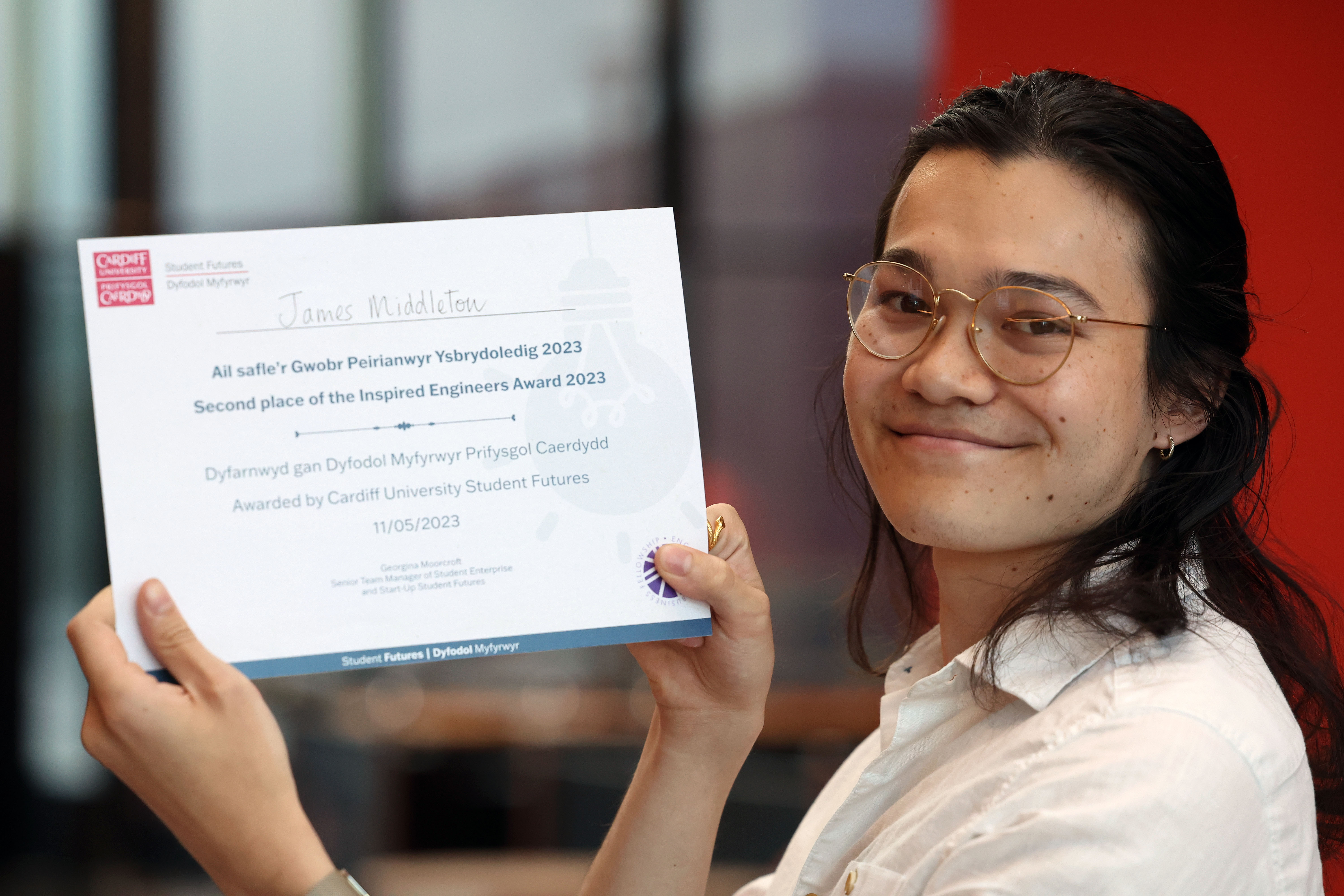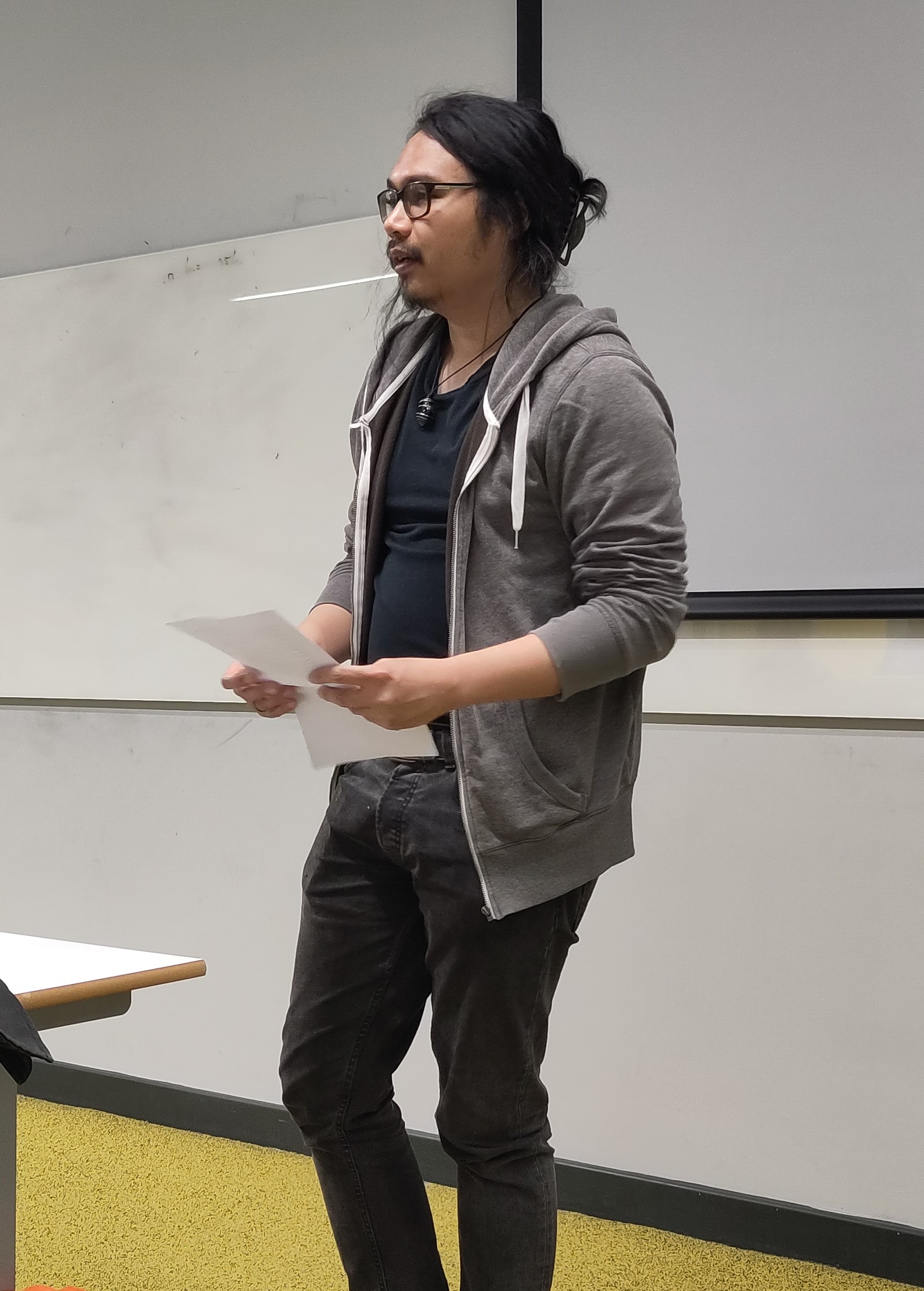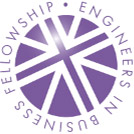Spring Start-Up Awards – 2023
Back to Competitions | Cardiff University run three awards as part of its Spring Start-Up Awards this year: Inspired Engineer, Social Enterprise and Go Getter. The Inspired Engineer awards were for engineering students and graduates who had an engineering-based idea, they did not need to have a fully developed business but show passion and research for an idea that interested them. The Social Enterprise awards were for students who were at the idea stage of a business that had a more social element at the core, again, not needing to be a fully developed idea. Finally, the Go Getter award was aimed at those who had a fully developed idea close to launching or had already launched their business. Engineers and computer scientists applied for all three of the award categories depending on which award they felt best matched their business idea.
|


First Prize Winner: BLIST technologies
Povilas Dumcius, Doctor of Philosophy (Engineering) Grade of BEng Electrical and Electronic Engineering, was awarded a £1,500 Engineers in Business Prize.
BLIST Technologies specialises in educational technology with advanced VR gloves and microcontroller solutions. Reprogrammable gloves and microcontrollers allow users to create and feel their own tactile sensations, making them a powerful tool for teaching programming and electronics. The goal is to inspire and educate makers, inventors, and creators through innovative tools that enhance learning and creativity. BLIST Technologies believes that everyone should have access to these tools, regardless of their background or financial situation. By making products affordable and accessible, BLIST Technologies aim to empower individuals from all walks of life to pursue their passions and reach their full potential.

Second Prize Winner: Underground Urban Bike Storage
James Middleton, BEng Electrical and Electronic Engineering student was awarded a £1,000 Engineers in Business Prize
Underground bike storage has been present in big cities for over a decade providing a safe environment for temporary storage. Cardiff is famously known for having a bike theft issue as seen by the skeletal remains littered throughout Cathays and the city centre. An underground bike storage system effectively addresses the pervasive issue of bicycle theft in urban environments. By providing a secure and reliable storage solution for cyclists, Underground Urban Bike Storage could tackle this pressing problem head-on, promoting a safer and more enjoyable cycling experience for residents and visitors alike.
Underground storage is out of sight and protected from potential thieves. This not only deters opportunistic criminals but also reduces the chances of vandalism and damage to bikes. Additionally, the storage system is space-efficient and unobtrusive, preserving the aesthetic appeal of the cityscape and minimising clutter on streets and sidewalks.
By addressing the issue of bicycle theft, Underground Urban Bike Storage aims to foster a more bike-friendly environment that encourages sustainable transportation and healthy living. This secure storage solution can help reduce the reluctance of potential cyclists who may be deterred by the risk of theft, ultimately increasing the number of bike users in the city. This can lead to numerous benefits, such as reduced traffic congestion, lower carbon emissions, and improved public health.

Third Prize Winner: Unified Drone Highway Mapping
Nashua Mashhor, BEng Mechanical Engineering, was awarded a £500 Engineers in Business Prize.
Unified Drone Highway Mapping aims to expand upon planned drone super-highways with a unified database of urban 3D spaces, by providing mapping for last-mile automated delivery, maintenance surveyance, and emergency services. The benefits of unmanned aerial vehicles (UAVs) for delivery are of great interest in a world simultaneously concerned with sustainable energy and access to critical goods and services. A rapid expansion of commercial UAVs seems inevitable; an increase in low-altitude traffic is of real near-future concern.
The planning of airspace over easements and public rights of way for “drone superhighways” is a puzzle of legislation and safety, particularly as new technologies are yet to be tested at length. While superhighways have been planned to connect towns and cities, smaller automated drone use within urban areas is a difficult topic.
This idea aims to provide mapping data of 3D spaces within urban or spatially complex areas with increasing proximity to human activity. It proposes to create a unified database of low-altitude airspace and its relationship to features such as proximity to crowds. This would facilitate the future planning of space for automated drone movement, with respect to human safety, building regulations, and spaces subject to change (such as growing trees). While urban highways for fully automated drones are still a tentative subject, supervised use may see rapid uptake.
Positive feedback
The Engineers in Business Prize Fund really helps to widen participation across the Engineering schools, not just participation in the awards, but it also helps to introduce people to our Enterprise services which we provide at the university. It encourages students who may not have previously thought they could start a business or come up with a new invention, to have the confidence to put their idea forward and gain valuable feedback and further support to take it from idea to reality. It also encourages the academics to get involved in enterprise initiatives in the schools and have the opportunity to see what ideas their students are coming up with.
Georgina Moorcroft
Senior Team Manager of Student Enterprise and Start-Up
Cardiff University
